We believe that everyone deserves a second chance, and that includes individuals who have been incarcerated. Unfortunately, many of the policies and practices in our criminal justice system are not designed to support reentry and rehabilitation, and too often, individuals are trapped in a cycle of incarceration and recidivism.
One important way to address this issue is to ensure that the voices and perspectives of formerly incarcerated individuals are represented in the decision-making process. That’s why we are proud to support New York State Senate Bill S4795 that requires at least one member of the state board of parole to be a formerly incarcerated person. This bill recognizes the valuable insights and experiences that formerly incarcerated individuals can bring to the table, and seeks to ensure that their voices are heard and their perspectives are considered in the parole process.
We believe that this bill is an important step towards creating a more just and equitable criminal justice system. By ensuring that formerly incarcerated individuals have a seat at the table, we can help ensure that the parole process is fair, transparent, and responsive to the needs and concerns of those who have been directly impacted by the system. We also believe that this bill can help to shift the narrative around incarceration and reentry, by highlighting the potential for transformation and growth that exists within every individual.
S4795
An act to amend the executive law, in relation to requiring at least one member of the state board of parole be a formerly incarcerated person
This bill would ensure that at least one individual sitting on the state parole board represents the point of view of a formerly incarcerated person.
Section 1 amends subdivision 1 of section 259-b of the executive law to require the governor to appoint at least one formerly incarcerated person to the state parole board.
Section 2 provides the effective date
The State Board of Parole is responsible for making critical judgements about whether or not parole-eligible incarcerated people are ready to re-enter society. Section 259-b of the executive law provides for the board commissioners to hold certain qualifications, including: “at least five years of experience in one or more of the fields of criminology, administration of criminal justice, law enforcement, sociology, law, social work, corrections, psychology, psychiatry or medicine.” Ostensibly, these qualifications prepare commissioners to make the life-changing decisions for some 12,000 New Yorkers and their families every year.
An important perspective that is not currently represented on the Board is that of formerly incarcerated individuals. Having lived through the experience of incarceration and re-entry, formerly incarcerated individuals are uniquely qualified to take into consideration the transformation parole-eligible New Yorkers have made while inside and make judgements about their ability to successfully re-enter.
2019-20: S7934 /A8891
None.
Immediate.
Please reach out to your local representatives to commend their support for these crucial pieces of legislation.
Your VOICE counts. Help us build safe and welcoming communities for all.
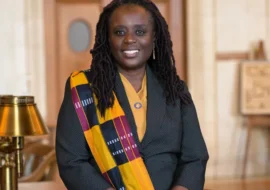
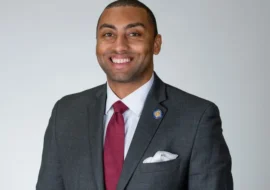




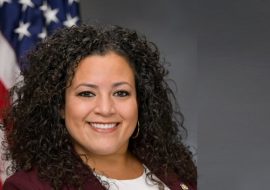






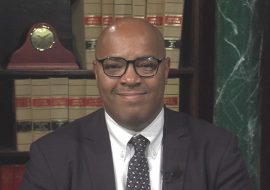

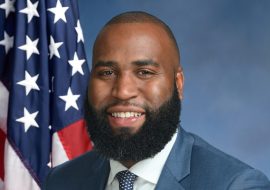
At Policy, Inc., we are committed to advocating for policy solutions that will address these issues and promote justice and equity in South East Queens.
Copyright © 2024 Policy Inc All Rights Reserved
Website was created by C&P Creative
establishes legislative intent
establishes procedures and parameters for sealing criminal convictions.
establishes requirements for sealed records.
establishes authority to promulgate forms, procedures, and processes for the sealing of records.
incorporates records sealed under this legislation into exist-ing prohibitions against discrimination.
address sealing of corrections records.
establishes a private right of action.
establishes severability.
the effective date.